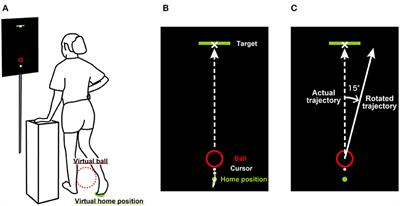EDITORIAL
Published on 19 May 2023
Editorial: Human movement and motor control in the natural environment
doi 10.3389/fbioe.2023.1210173
- 2,214 views
- 1 citation
15k
Total downloads
72k
Total views and downloads
EDITORIAL
Published on 19 May 2023
ORIGINAL RESEARCH
Published on 18 Apr 2023
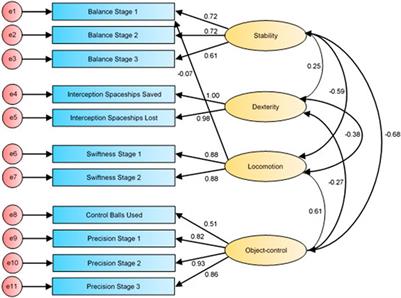
ORIGINAL RESEARCH
Published on 17 Apr 2023
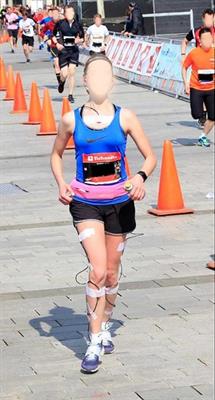
ORIGINAL RESEARCH
Published on 02 Dec 2022
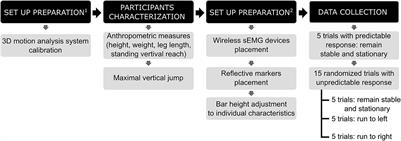
BRIEF RESEARCH REPORT
Published on 22 Nov 2022
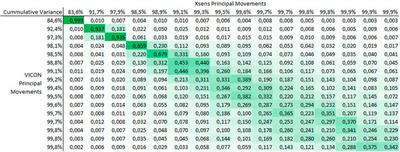
REVIEW
Published on 10 Nov 2022
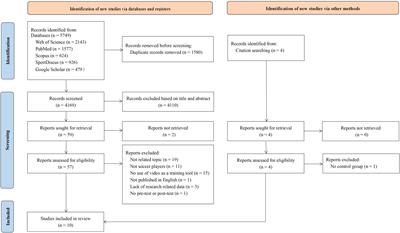
ORIGINAL RESEARCH
Published on 14 Oct 2022

REVIEW
Published on 28 Sep 2022
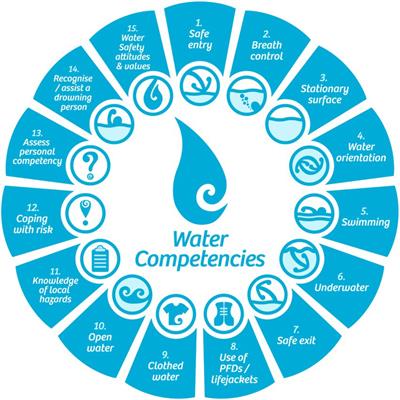
ORIGINAL RESEARCH
Published on 27 Sep 2022

ORIGINAL RESEARCH
Published on 15 Sep 2022

ORIGINAL RESEARCH
Published on 24 Jun 2022

ORIGINAL RESEARCH
Published on 23 Jun 2022
